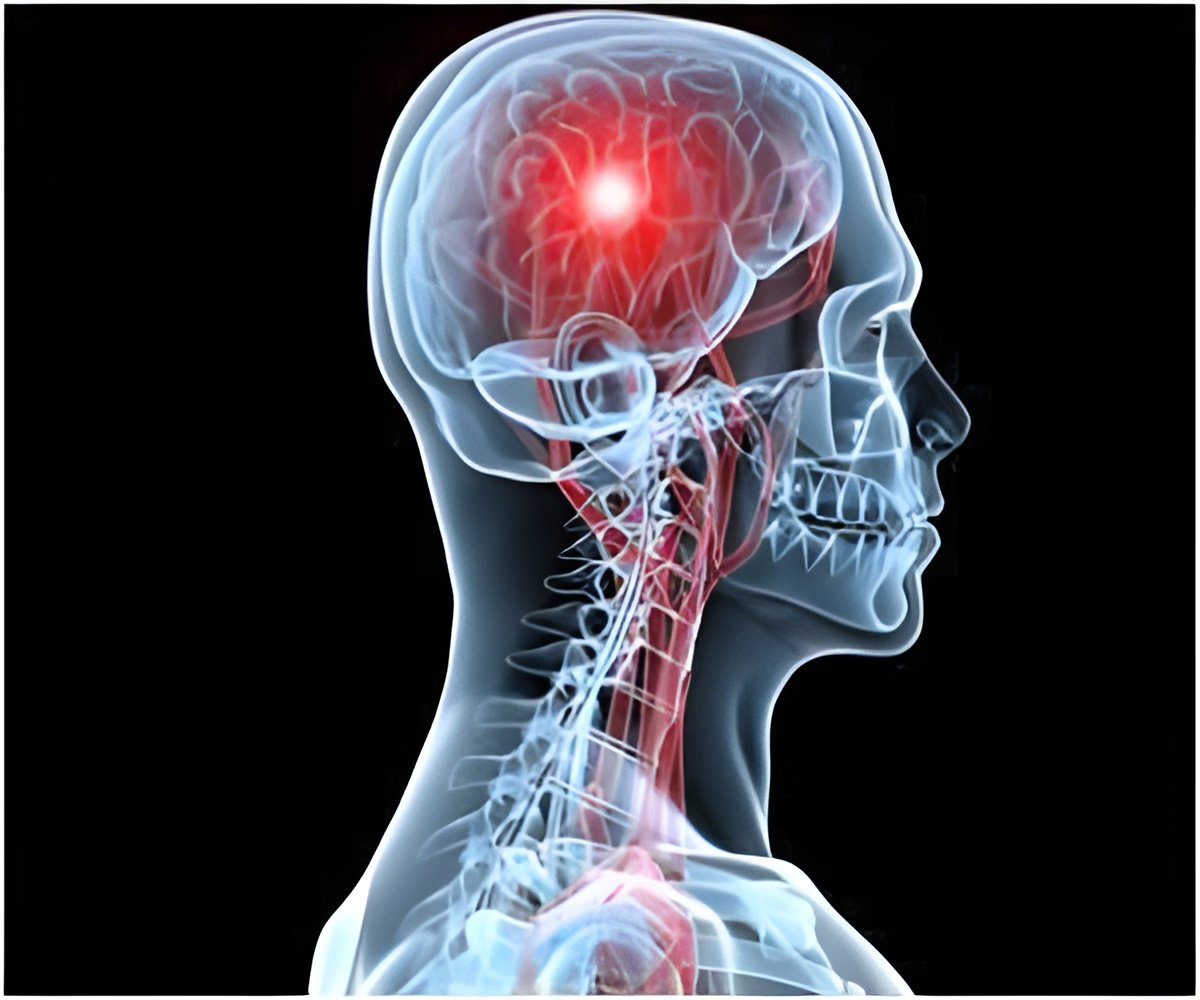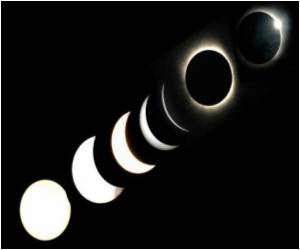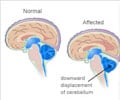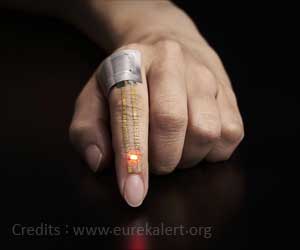Study shows that horse tissue contains proteins that are commonly seen in brains of people with Alzheimer's disease, such as the build-up of amyloid protein.

Researchers from the University of Edinburgh's Roslin Institute and Royal (Dick) School of Veterinary Studies in Scotland found that horses affected by the disease could also hold clues to human conditions.
A study of nerve tissue from six horses that had died from equine grass sickness revealed that the horse tissue contained proteins that are commonly seen in the brains of people with Alzheimer's disease, such as the build-up of amyloid protein.
In total, 506 different proteins were found to be altered in nerve tissue from horses with grass sickness, compared with animals that had died from other causes.
This knowledge could help to develop tests for detecting the condition in horses, which can be tricky to diagnose.
Around two percent of horses die from grass sickness each year in Britain. The disease occurs almost exclusively in grass-fed animals, including ponies and donkeys. A similar condition is thought to affect cats, dogs, hares, rabbits, llamas and possibly sheep.
Advertisement
Source-IANS















